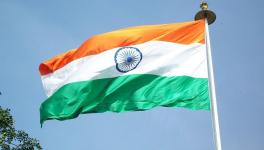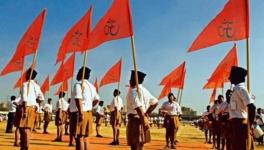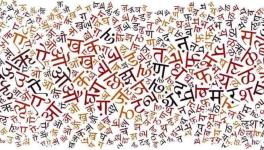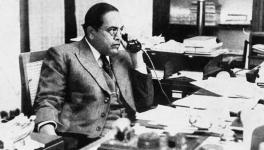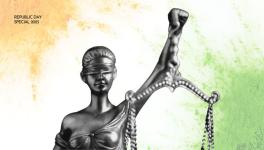What Could Make India’s Supreme Court ‘Strongest’
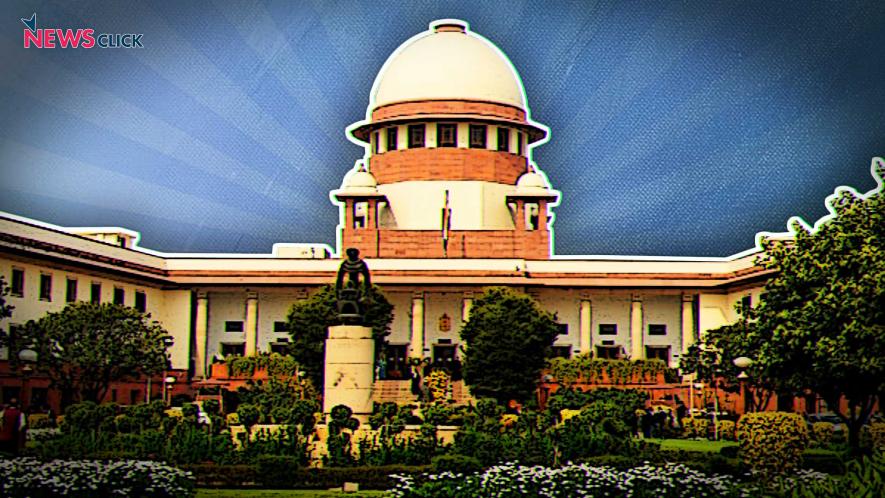
Compulsive contrarians and Anglophilic legal commentators may quibble, but justice delayed is still justice denied. Of late, some solemn defences of the Supreme Court (SC) seem to have erred on this point. They have argued that the SC has a very wide jurisdiction and faces practical constrains due to a huge backlog. Therefore, it is said, the court could not immediately take up some petitions raising constitutional questions on Kashmir.
Two such claims are made in a recent write-up published in The Tribune, ‘Defending Indian Supreme Court’. First, it is said that the SC hears a very high number of cases compared with counterparts in the United Kingdom or the United States (US). The oft-cited reason for this is the wide jurisdiction that the Indian court enjoys. This, it is said, leads to a situation where the Indian SC judges “don’t have the luxury to hear limited number of cases”.
The stellar contributions of the Supreme Court to the cause of human rights and citizen’s entitlements cannot be denied. Yet, it is often forgotten that the very expansion of its role obligates it to adjudicate on constitutional challenges and petitions that seek to restore fundamental rights.
The argument based on the SC’s wide jurisdiction is also a misinterpretation of the Constitution. As in the United Kingdom (UK), the Supreme Court in India can hear a civil or criminal appeal only after a prospective appellant has secured a certificate of appeal from a High Court. Similarly, the invocation of the special leave jurisdiction of the SC, which attracts a high number of petitions before it, are also dependent on the discretion of the SC itself. Therefore, just like its British and American counterparts, the Indian SC also has the luxury to hear a limited number of cases.
The backlog, besides, is not a creation of the present day. It has been continuing since long. Still, if today the court feels that it is suffering from high backlog, the agenda of judicial reforms should, as Justice Chandrachud recently suggested, include the proposal to reduce the high number of appeals of civil or criminal suits and streamline the special leave jurisdiction.
Or, it could be -- as is continuously emphasised by M. Venkaiah Naidu, the Vice President -- that India needs to establish multiple benches of the Supreme Court in different regions in India. However, under no circumstance can the SC be excused from efficaciously fulfilling its constitutional responsibility.
The Kashmir issue involves determining the limits of executive functioning. Right now, the executive is working in an ultra-strong manner, combined with the strength of the whip. Kashmir involves the question of the Constitutional federalism and the survival of India’s democracy, as envisaged by our founding leaders.
Nothing could be more important in the existing backlog of cases before the SC than securing the identity of our Constitution. If the hearing on October 1, on the Kashmir issue is anything to go by, the SC did not adequately fulfil its role as the protector of liberty, by further delaying hearings.
If the bizarre habeas corpus orders in September were not enough, the SC uncritically accepted the government’s disproportionate claims about national security, which seems to have taken precedence over the ideals of civil liberties.
The idea of nation has overpowered individual dignity and the identity of its constituents—thus marks a move towards Right-wing populism from a democratic set-up. Such a cavalier approach to collective punishment of millions of citizens without judicious and comprehensive ascertainment that reasonable grounds exist (based on the doctrine of proportionality) is unfortunate. It needs to be critiqued rather than defended. That will be the biggest contribution to the much-exalted moral conscience of the Court rather than mechanical defences of its shrinking constitutional role.
The second observation is that the SC is much powerful in India than in other countries. Though this cannot be an adequate argument to defend judicial evasion, it surely is ironical if the “most powerful court” continuously fails to fulfil its role while the executive writ prevails.
The Indian SC’s core role is to protect the fundamental rights of citizens. Efficacious hearing and adjudication of petitions against civil rights restrictions, house-arrests, communications blackouts as well as the constitutionality of Parliament’s legislation are critical in the current times of constitutional backsliding.
These are times when the downgrading of the credentials of India’s constitutional democracy and commitment to human rights has become a subject of severe global critique. It could be outrightly extraordinary to state that writ petitions concerning the fundamental human rights of millions of Kashmiri citizens are not adequately grave to merit a hearing. Rights adjudication does stand on a higher pedestal than a determination of legal title in a religiously charged land dispute matter, does it not?
The adverse consequences that arise as a result of the SC’s wide jurisdiction and its liberal interpretation of its own powers cannot be an alibi for not fulfilling its fundamental role. If the court is indeed the strongest apex judicial body in the world, then it must tirelessly commit itself to secure civil-political and socio-economic rights in a timely fashion. Demonstration of its independent strength is not only lacking in the realm of high-stake political matters but extends to judicial appointments. As well, this was witnessed in the recent controversies involving Justice Akil Kureshi and Justice VK Tahilramani.
Commenting on the manner in which the SC has handled the petitions arising out of the recent controversy involving Article 370, (special status of Jammu and Kashmir), legal commentator Gautam Bhatia argued that the Emergency-era weak judiciary has reappeared, albeit in a different form. He said that this time, it has failed the fundamental principles of India’s constitutional democracy.
Recently, in Supreme Court Advocates-on-Record Association v. Union of India (2015), the SC highlighted the virtues of judicial independence and held that it is a part of the basic structure of the Indian Constitution. Similar concerns regarding isolating the judicial body from the other organs of government have been institutionally studied by the International Commission of Jurists and under multiple international documents.
However, the SC seems to have turned a blind eye to its own and internationally recognised norms of jurisprudence. In times when the Executive has imposed an information blackout and restricted civil rights in Kashmir for over 60 days and when blatantly unconstitutional legislations such as the Citizenship (Amendment) Bill are sought to be passed, the judiciary must rise to the desired standards and stand as an independent protector of the Constitution .
The wide jurisdiction and high number of cases the court handles do not make it the strongest. What affords such status is its past, when it has seen Justices such as HR Khanna, who, undaunted, ruled against executive excesses. The time has come for the SC to demonstrate that it is indeed the Constitution’s sentinel.
Prannv Dhawan and Anmol Jain are law students in NLU Jodhpur and Bangalore, respectively. Views are personal.
Get the latest reports & analysis with people's perspective on Protests, movements & deep analytical videos, discussions of the current affairs in your Telegram app. Subscribe to NewsClick's Telegram channel & get Real-Time updates on stories, as they get published on our website.










